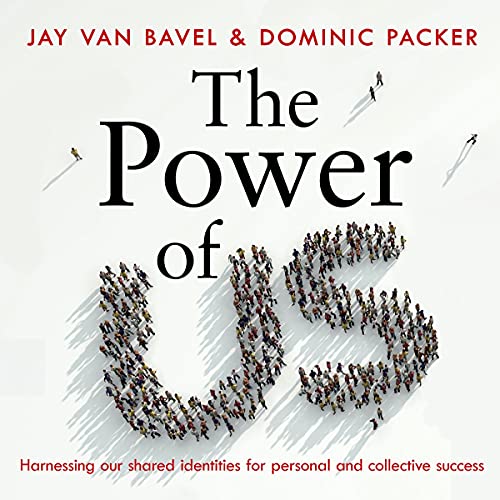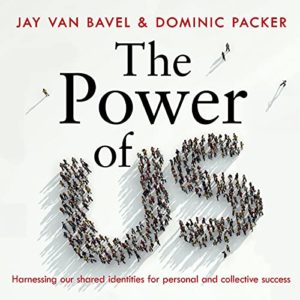

Watching the news can often lead to a sense of loss, hopelessness, and confusion, but this text acts as a conceptual scaffolding allowing us to perceive the world in a way that reduces the sense of overwhelm. Keeping up with current events and managing our emotional responses leaves little time to identify and integrate new research into our perspectives and make sense of this changing world. Packer and Van Bavel do an exemplary job of translating and integrating social, psychological, cognitive, neuroscientific, and even genetic research and heightening your curiosity. Many of us are familiar with the early work on bias, racism, and in- and out-group relations, but when was the last time you checked your understanding and updated those ideas? They unpack many of our socialized myths and misconceptions about previous research while offering new interpretations and tantalizing new avenues of thought. Integrating research in the lighter areas of food flavors, school spirit, and competitive sports outcomes with the weightier topics of race relations, violence, political divides, international politics, and fake news, the reader experiences the rigor without the exhaustion.
The rhetorical style feels like a coffee shop conversation with engaging intellectual appetizers keeping the text light and easy to digest, but still rich enough to drive a deeper intellectual challenge. This is no lecture from an ivory tower but instead an engaging debate. Unlike much of what we see every day, you will leave this text feeling integrated into the society around you, not a passive participant or confused onlooker. The multiple selves within you and those around you are connected and we can ignore or renew these connections; this initiates this process by making the unconscious conscious and adding to the conceptual foundation for personal and societal development.
Given that scientific thought is under constant attack, the book also addresses many of the challenges brought against science itself. But it does not attack the critics; instead, it offers up an important internal critique of the scientific process through a discussion of metascience and the search to discover if science is indeed uncovering truths or has created its own echo chambers. Overall, they find the scientific process successful but offer advice. For the researchers, it asks the important question of whether their labs have evolved to support their views or if researchers have actively sought intellectual debate and disagreement. While the authors rightly elevate scientific thinking as part of the solution, they increase awareness that science, like all other human endeavors, is not immune to bias. This same approach is important for educators, policymakers, and administrators to consider: how is the system you are part of addressing identity formation and what needs to change?
A common approach to social divide and fake news is to offer more information, but as the authors point out, more information does not remove the bias, and sometimes more information adds more interpretations. We need to build individual practices, systems, and opportunities to challenge and enrich our knowledge. After reading this book, you will be left with a sense of hope. While the book is critical and planned in its approach to the literature, it also is optimistic lighting potential paths out of the darkness and confusion.




